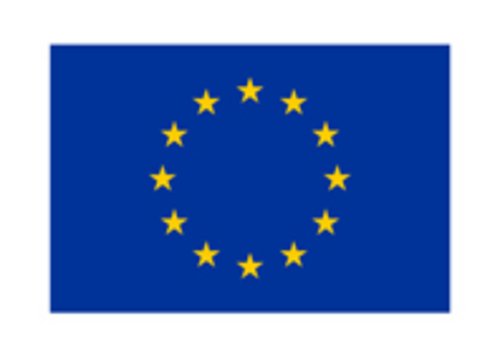Energy poverty (EP) remains at high levels in the EU Member States (MS) due to increasing energy costs and slow progress on energy efficiency improvements. Despite various policies in place that directly or indirectly mitigate EP on the household level, EP is increasing in the private rented sector (PRS). This is due to a highly fragmented sector and the difficulty of targeting the high number of owners and tenants in the private rental sector. This is compounded by insufficiently targeted policies and incentives and the difficulty of identifying and quantifying energy poor households in the private rental sector. Moreover, there are structural problems related to information deficits, "split incentives", and other factors shaping energy poverty levels.
The ENPOR project aims to overcome these challenges by pursuing three objectives:
- Objective 1: Deepen understanding of EP policies for the PRS
- Objective 2: Monitor dimensions of EP in the PRS
- Objective 3: Support the set-up and implementation of energy efficiency policies to alleviate EP in the PRS
To this end, the researchers within the project "ENPOR - Measures to reduce energy poverty in the private rental sector" will examine, assess and synthesise 30 energy efficiency policies that tackle EP in the PRS across the European Union to better understand the factors that trigger or prevent energy efficiency investments (Objective 1). They are also developing the interactive GIS-based tool "Energy Poverty Dashboard" (EPD) to reveal the spatial distribution of EA in PMS and to support the identification, quantification and ongoing measurement of the impact of energy efficiency policies on EA (Objective 2). In addition, they support the joint (further) development and implementation of ten energy efficiency policies and measures for EA in the PRS by national stakeholders in 7 MS, and evaluate them in terms of impact and replicability (Objective 3).
Within the project, Wuppertal Institute will support the advancement of two EP measures in Germany: the innovative model of prepaid metering implemented by the public utility subsidiary "EnergieRevolte" and the ElectricitySavingCheck Programme (Caritas) to also target heat savings. Furthermore, the Wuppertal Institute is responsible for the development of strategies to engage stakeholders for the co-creation of policies.
This project has received funding from the European Union's Horizon 2020 research and innovation programme under grant agreement No 894189.

Project team
Co-ordination
Staff
Client/sponsor
Project partner
- Agenzia Nazionale per le Nuove Tecnologie, L'Energia e o lo Sviluppo Economico Sostenibile (ENEA)
- Centre for Renewable Energy Sources and Saving (CRES)
- Društvo za oblikovanje održivog razvoja
- Hogeschool Utrecht (HU)
- Institute for European Energy and Climate Policy (IEECP)
- International Union of Property Oweners (UIPI)
- Klima-Bündnis der europäischen Städte mit indigenen Völkern der Regenwälder / Alianza del Clima e.V.
- Tartu Regional Energy Agency (TREA)
- University of Manchester
- University of Piraeus Research Centre (UPRC)
- Österreichische Energieagentur
